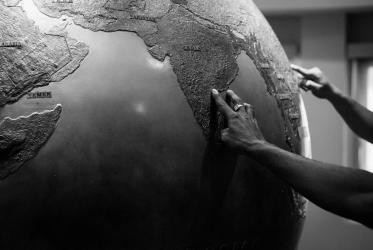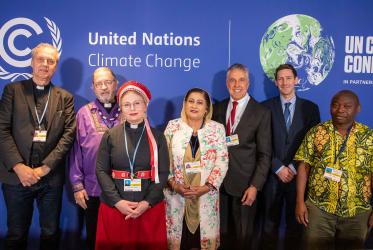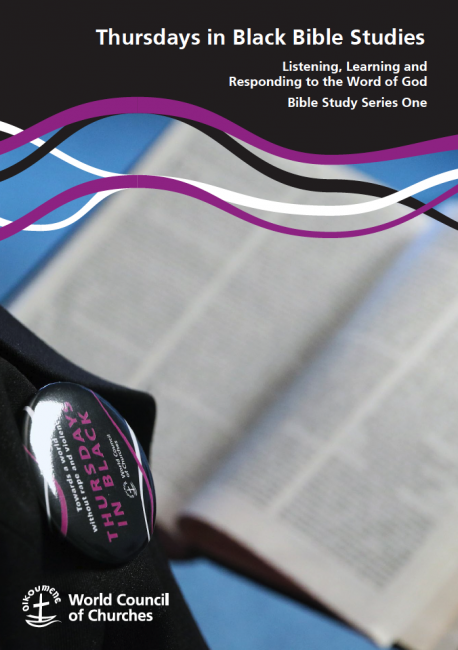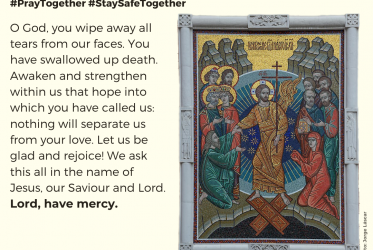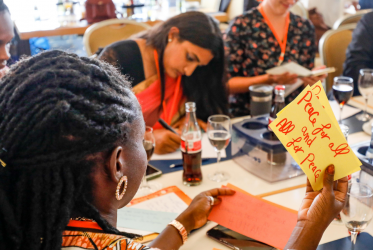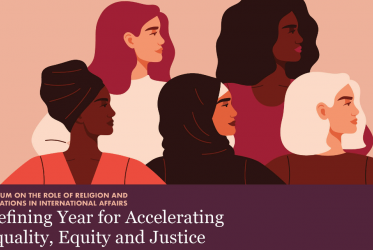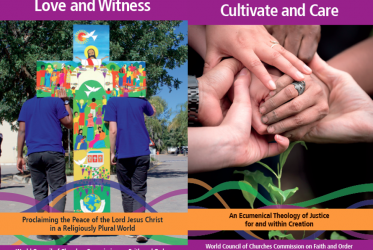Displaying 21 - 40 of 182
Upcoming webinar will focus on COVID-19 and caste discrimination
24 February 2022
Thursdays in Black Bible Studies Series 1
Listening, Learning and Responding to the Word of God
21 October 2021
Dr Abuom reflects on women of faith as healers of creation
05 October 2021
Morning Prayer for Tuesday, 6 April 2021
06 April 2021
